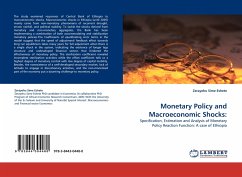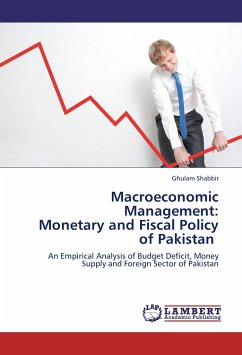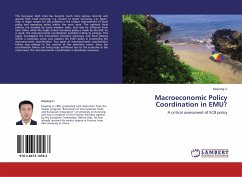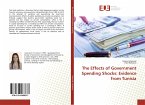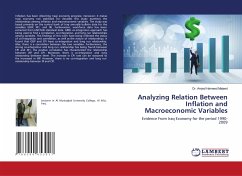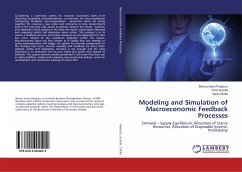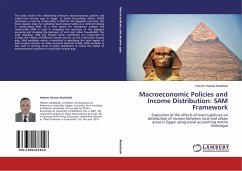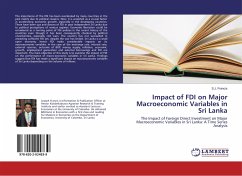The study examined responses of Central Bank of Ethiopia to macroeconomic shocks. Macroeconomic shocks in Ethiopia (until 2005) mainly came from non-monetary phenomena of recurrent drought, erratic rainfall, and political stability. To tackle the shocks derived from monetary and non-monetary aggregates, the Bank has been implementing a combination of both accommodating and stabilization monetary policies.The Coefficients of equilibrating error terms in the model suggest that the speed of adjustment/ feedback effect towards long run equilibrium takes many years for full adjustment when there is a single shock in the system, indicating the existence of longer lags structure and undeveloped financial sectors that hindered the effectiveness of monetary policy. The sterilization coefficient revealed incomplete sterilization activities while the offset coefficient tells us a highest degree of monetary control with low degree of capital mobility. Besides, the nonexistence of a well-developed secondary market, lack of latitude to engage in discretionary activities, and the non-monetized part of the economy put a daunting challenge to monetary policy.

